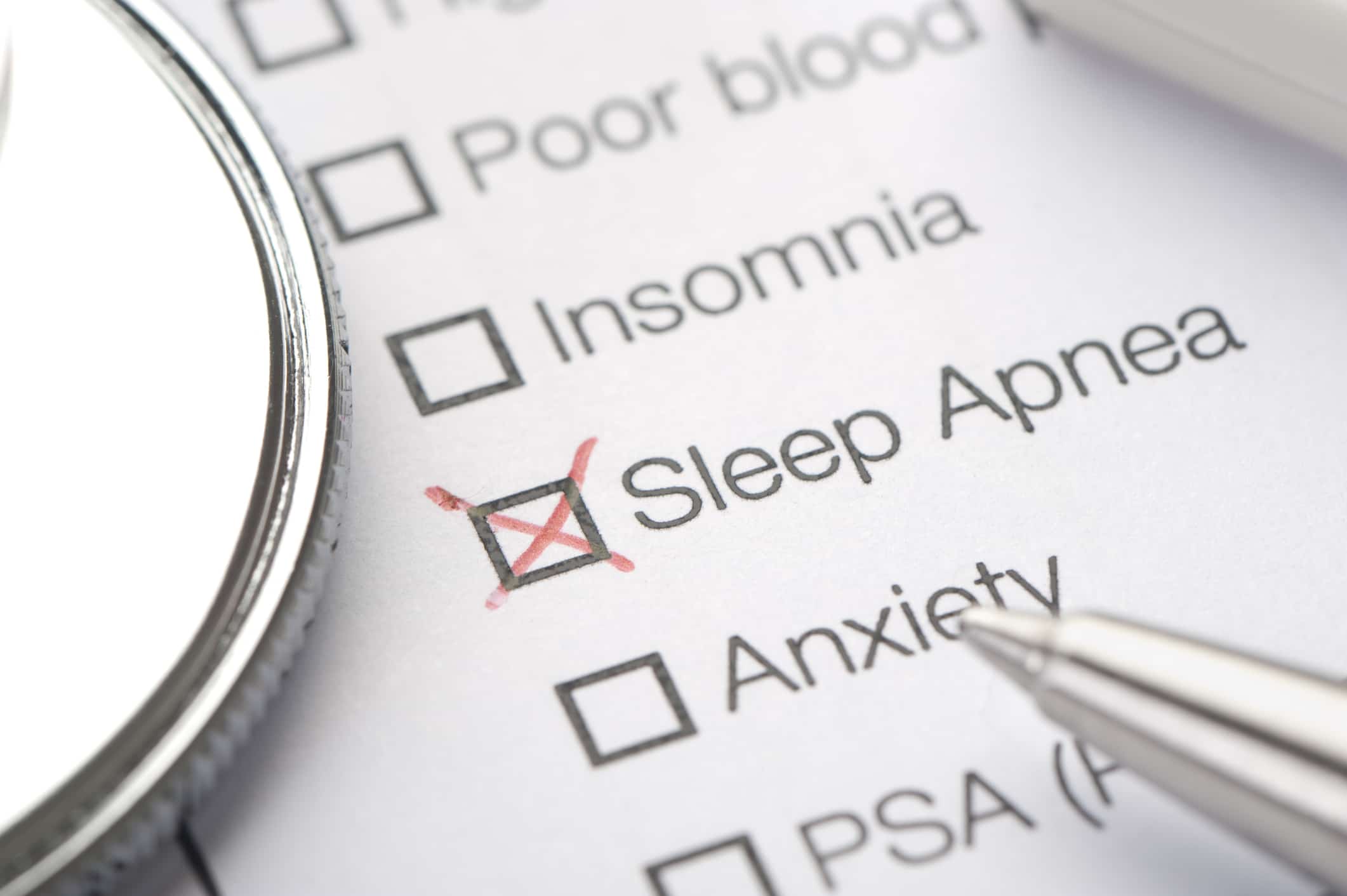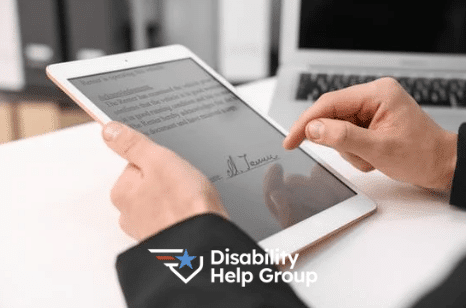Service Connection
VA Disability Sleep Apnea Eligibility Criteria. The VA uses sleep apnea eligibility criteria to figure out the correct rating for a veteran’s disability. That goes for sleep apnea, PTSD, and any other disability. But before VA will assign a rating, it must first determine whether the disability is related to service. In other words, VA must first grant service connection before it will assign a rating.
Generally, VA will grant service connection if the veteran can show:
- a current diagnosis,
- an in-service event, disease or injury, and
- a medical connection between 1 and 2.
Schedule of Ratings for VA Sleep Apnea Eligibility
The Schedule of Ratings breaks down disabilities into different categories. Each category contains groups of medical problems. For example, Sleep Apnea is found in the Respiratory System category. Each group contains a list of disabilities, and each disability has its own diagnostic code. In turn, each diagnostic code specifies the symptoms required for various ratings. For example, the 6847 code applies to Sleep Apnea. Depending on the symptoms, VA will grant either a 0%, 30%, 50% or 100% rating for sleep apnea.
The VA sleep apnea eligibility criteria:
- 100%: Chronic respiratory failure with carbon dioxide retention or cor pulmonale, or requires tracheostomy;
- 50%: Requires use of breathing assistance device such as continuous airway pressure (CPAP) machine;
- 30%: Persistent day-time hypersomnolence; and
- 0%: Asymptomatic but with documented sleep disorder breathing.
To Prove Sleep Apnea you Need Medical Evidence
Only medical evidence can satisfy the eligibility criteria for these ratings. It is not enough for the veteran to say “I meet the criteria for a 50% rating.” Fortunately, VA’s website provides rating tools such as Disability Benefits Questionnaires (DBQs). Specifically, VA provides a Sleep Apnea DBQ that focuses on the symptoms described in the Schedule. Veterans seeking a higher rating for sleep apnea should have their doctors complete the DBQ. If the criteria for a 100% rating for Sleep Apnea is noted on the DBQ, then VA will likely grant that rating.
Most Veterans with VA Connected Sleep Apnea are Eligible for 50% Rating
Most veterans with sleep apnea meet the eligibility criteria for a 50% rating. The VA Health Care system often prescribes CPAP machines to treat severe cases of sleep apnea. If you get your sleep apnea treatment at a local VA hospital, then your doctor has probably considered a CPAP machine.
VA Sleep Apnea Eligibility, 100% Rating
A small percentage of veterans meet the eligibility criteria for a 100% rating. This is because it reflects the most life-threatening versions of sleep apnea. Chronic respiratory failure usually happens when the airways that carry air to your lungs become narrow and damaged. In other words, less oxygen gets in and less carbon dioxide goes out. A tracheostomy is a surgically made hole that goes through the front of your neck into your windpipe. A breathing tube is placed through the hole and directly into your windpipe to help you breathe. Naturally, a veteran with these extreme symptoms deserves a 100% VA rating for Sleep Apnea.
Sleep Apnea Pyramiding
Under the VA rating system, a veteran should be compensated for each service-connected disability. However, there is one big exception. VA cannot pay a veteran more than once for the same disability or same manifestation. This is considered pyramiding, and it is strictly prohibited. For example, Asthma and Sleep Apnea have nearly identical manifestations. They both involve impairment of the airways, they share symptoms such as daytime fatigue, and they are under the same category in the Schedule of Ratings. A veteran who meets the eligibility criteria for both will only receive a rating for one of them. In that circumstance, VA must assign the higher of the 2 possible ratings.
Sleep Apnea Anti-Pyramiding Rule
The anti-pyramiding rule recently affected a DHG client. He is a 64 year-old veteran of the Army who filed a claim for asthma and sleep apnea. VA denied the sleep apnea claim, but granted the asthma claim at 30%. After a successful appeal, VA granted 60% for his asthma. In the new decision, VA conceded that his sleep apnea was service-connected and would meet the eligibility criteria for a 50% rating. However, VA could not grant the additional 50% rating because of the anti-pyramiding rule. Instead, VA awarded 60% for his “asthma with sleep apnea.”
We Can Help with Your Service Related Questions. Call Now for a Free Case Review, 800-800-3332.
Related Articles and Blogs
- Can I Get 100% VA Disability for PTSD due to MST?
- Can I Get TDIU for PTSD?
- VA Disability Rating for PTSD
- How are PTSD and TBI Rated Together?
- VA Permanent and Total Disability for PTSD
- Disability Help Group Blogs
- Can I Work and Get TDIU?
- What is a VA Disability Nexus Letter for PTSD?
- Blue Water Agent Orange Update – 2020
- Can I Get VA 100% for Blue Water Exposure?
- Blue Water Veterans Get Agent Orange Benefits
- Blue Water Navy Veterans
- How Does VA Rate TBI?
- What are VA TBI Residuals?
- What is VA Permanent and Total Disability?
References
- Sleep Apnea Disability Questionnaire: VA Form 21-0960L-2
- National Institute of Health: “Respiratory Failure“
- National Heart, Lung and Blood Institute: “Tracheostomy”
Our website is also full of helpful information. Firstly, if you would like to review other blogs, click here. Secondly, if you would like to see a list of resources click here. And thirdly, you can click on Testimonials to read the great comments we receive.







